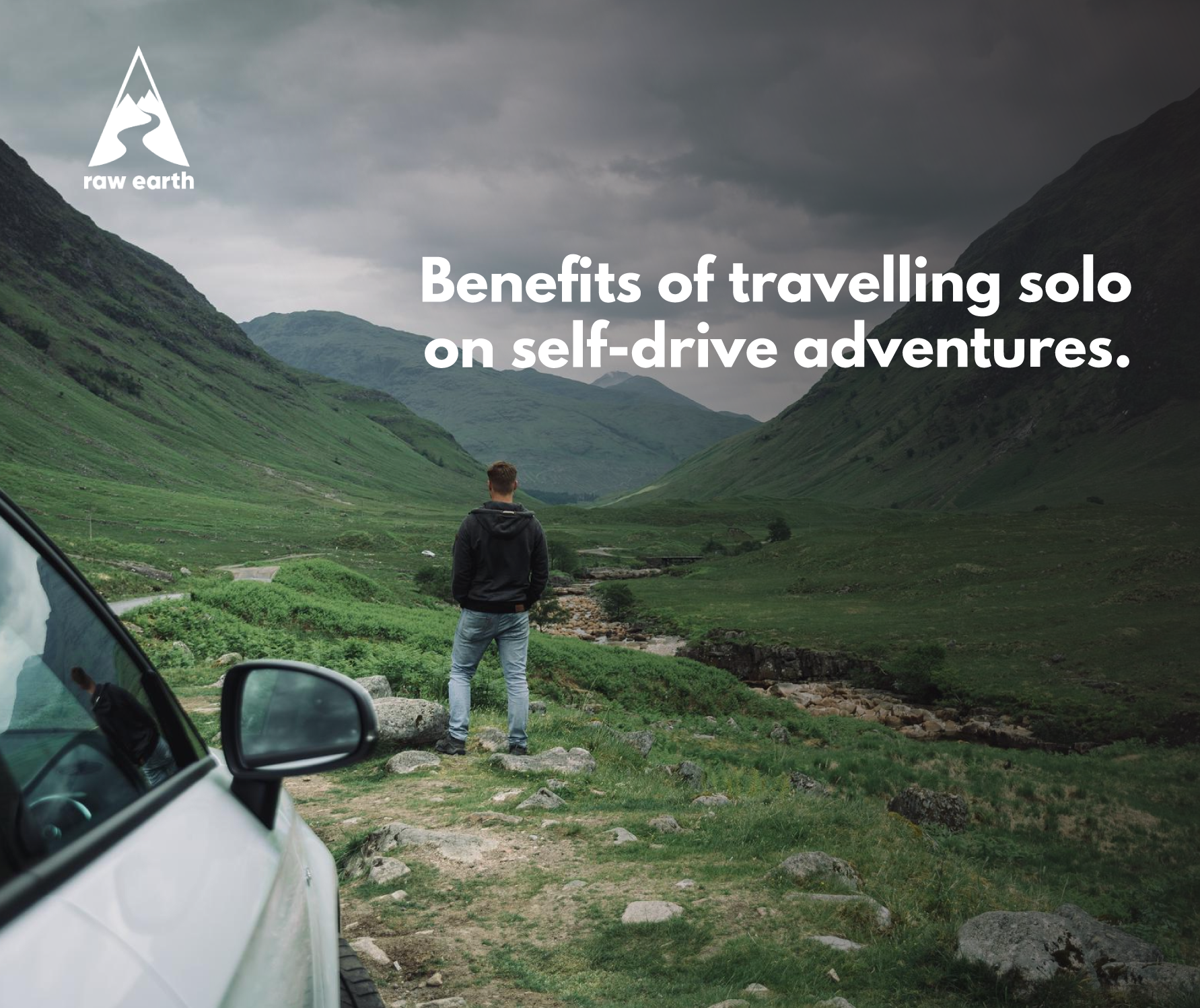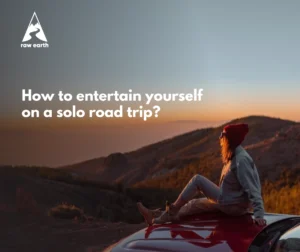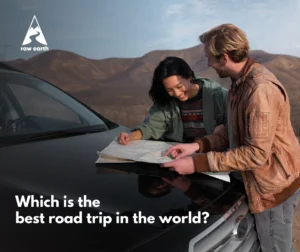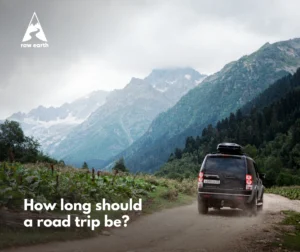Travelling solo on a self-drive adventure offers unmatched freedom, personal growth, and a chance to explore at your own pace. You choose the route, the stops, and the rhythm of your journey without compromise. Along the way, you build confidence, connect more deeply with local cultures, and find time to truly reflect. The benefits of travelling solo extend beyond just seeing new places. They shape your mindset, create lasting memories, and give you a deeper appreciation for both the world and yourself.
Introduction
For many people, the idea of setting off alone on the open road feels both exciting and slightly intimidating. Yet, those who’ve tried it often describe it as one of the most rewarding ways to travel. A self-drive trip allows you to set your own rules and follow your own timeline, without worrying about anyone else’s preferences.
There’s something quietly powerful about being behind the wheel with no set agenda except the one you create. You might find yourself making unexpected stops, chatting with locals in a tiny roadside café, or taking a detour just because a road looked inviting. Travelling independently like this gives you a sense of ownership over your journey and that changes the whole experience.
Benefits of travelling solo
1. Freedom and flexibility
The first thing you feel when you travel as a single person on a self-drive trip is freedom. You’re not locked into anyone else’s schedule or pace. If you want to watch a sunset in the middle of nowhere, you can. If you’d rather skip a tourist hotspot in favour of a quiet beach, nothing stops you. An incredible asset of solo travel is that you can do things according to your pace, interests, and mood, and you don’t have to succumb to anyone else’s plan. You do not have to try to fit into any group plan.
2. Building self-confidence
When you’re out there on your own, finding your way down a road you’ve never seen before or working out where to turn next, it does something to you. Even sorting out a tiny snag, like a wrong turn or a flat tyre, feels like a small victory. Those victories don’t just vanish; they stack up quietly in the back of your mind. After a while, you catch yourself handling things, in travel and in life, with a lot more confidence. Travelling independently has a way of throwing you into moments where it’s just you and your choices. That’s where real self-belief starts to grow.
3. Deeper cultural connection
Being on your own changes the way people see you. Locals tend to step forward more, maybe with a smile, a question, or even an offer to show you around. Without a group around you, there’s nothing in the way of those small, genuine moments. You could find yourself sharing tea in someone’s kitchen or learning about a hidden spot you’d never read about anywhere. That’s one of the quiet benefits of solo travel. It opens the door to richer cultural exchanges simply because you’re easier to approach and more open to what unfolds.
4. Personal growth
When you free yourself from familiar places and routines, your mind has a chance to breathe. During that time of stillness, your attention can go to the important stuff, and suddenly you start to recognise some of the strengths and abilities that you may have previously overlooked. The benefits of travelling solo can often shape the way you respond to challenges, the way you connect with other people, and perhaps even the path you choose in the future. It is a soft power and a satisfying way to clean the slate and re-examine life.
5. Total immersion in nature
If your self-drive route includes scenic landscapes, solo travel allows you to enjoy them without compromise. You can stop at a mountain lookout and stay for hours or pull over just to listen to the sound of waves. Without chatter or a set agenda, your senses tune in more sharply to the environment around you. Travelling independently like this makes nature feel more personal, almost like you’ve been let in on a secret.
6. Focus on photography, nature, and self
For those who love photography, travelling alone means you control the pace. No one is rushing you away from the perfect shot. You can wait for the light to shift or return to a spot at a different time of day. This level of focus extends to simply enjoying the moment for yourself, whether that’s sipping coffee on a quiet hilltop or journaling beside a river.
Safety considerations
While the benefits of travelling solo are many, safety should always be a top priority. Make sure your vehicle is in working order and have a basic repair kit with you. Let someone know where you plan to go and check in with them. Track the local weather, especially for locations in remote areas. If you are driving at night, use a well-lit route and don’t pull over in quiet, isolated spaces unless necessary. Most importantly, listen to your gut! If it does not feel right, you should change your plan.
It also helps to have a few backup options for accommodation in case your original choice doesn’t feel right when you arrive. When stopping in a strange area, park where there are other people around, and don’t leave valuables visible in your car. Bring enough water, snacks, and a basic first-aid kit so you have a little wiggle room for potential delays.
Digital safety is also prudent. Use secure wi-fi for banking or personal accounts and keep a physical and/or digital copy of important documents. In some areas you might lose a mobile signal so download offline maps before your trip.
Keep in mind, solo travel does not mean putting yourself in danger. Methodical planning will make sure you remember your trip for all the right reasons.
Conclusion
Solo travel is about the potential you have to figure out what you are capable of doing and how you want to experience the journey of life. The road and adventure become more than a guided route; they are a reflection of your independence, your curiosity and your fortitude. The gifts of solo travel cannot usually be described by the pictures or souvenirs or memories we take within the experience. They often are seen with how you hold your place even in the future and how much confidence you have in many other aspects of your life.
FAQs
1. Is solo self-drive travel safe for women?
Yes, but it’s important to plan ahead. Choose safe routes, share your location with someone, and avoid driving late at night in unfamiliar areas.
2. How do I deal with loneliness while travelling alone?
Keep in touch with friends or relatives, talk to locals, or every once in a while, join a short group activity; find opportunities to balance your alone time with some sort of social interaction.
3. What’s the best vehicle for a solo road trip?
That would depend on your format of travel. If you are just on the highway, then a fuel-efficient car would be fine. If you are travelling in the bush, you would want an SUV or a 4×4. Comfort and reliability should be your top priorities.
4. How can I save money while travelling independently?
Plan the punch route to avoid having to backtrack, make some of your own meals instead of eating at restaurants all the time, and seek value accommodation.
5. What if something goes wrong with my car?
Always carry a roadside assistance contact and a basic repair kit. Knowing simple fixes, like changing a tyre, can also be a big help.




